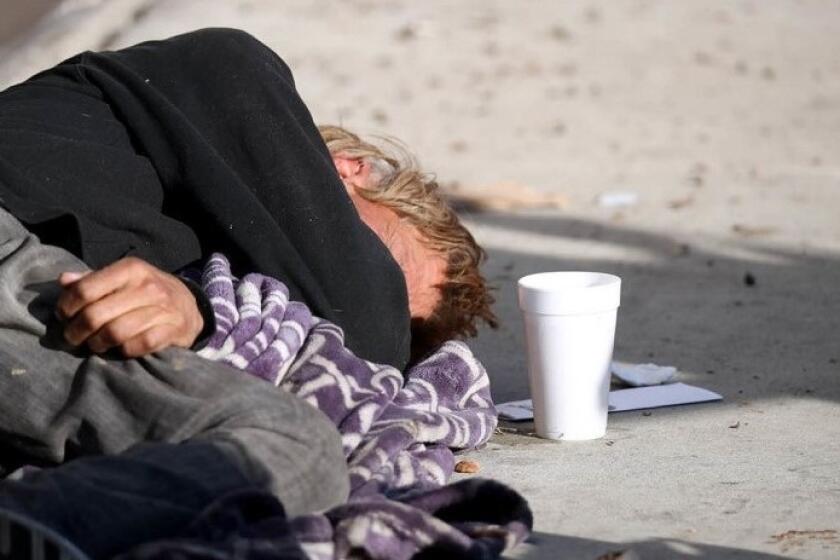O.C. nonprofit hopes to combat childhood depression and anxiety caused by pandemic
As the pandemic has progressed, children have suffered from increased rates of depression, anxiety and other mental health problems, health officials say.
However, kids are often not able to receive the care they need in a timely manner as COVID-19 patients fill hospitals and require the majority of medical resources.
Western Youth Services, a Laguna Hills-based nonprofit, has been developing an online resource for teachers and parents to proactively engage with children to treat the secondary effects of the pandemic that are responsible for childhood trauma — housing and food insecurity, disrupted education and lack of socializing.
“Kids were sent home, people were isolated in their homes and there was physical distancing and lots of loss of their social system,” said Lorry Belhumeur, chief executive of Western Youth Services. “... So we started looking at and anticipating the grief response. So we put our heads together and said, ‘OK, what are the resources that are available out there?’ which is why we developed the RESET Toolbox.”
The nonprofit rolled out the RESET Toolbox about a year ago and it is available to anyone online.
The toolbox is a work in progress. It includes audio training, books, applications and other resources geared toward helping children cope with the emotional hurdles of the pandemic in Orange County.
Western Youth Services is collaborating with the Children’s Hospital of Orange County and the Orange County Department of Education for the RESET Toolbox. The effort is partly funded by CARES Act money.
“We surveyed teachers, parents, community members and community-based organizations on what it is that they need, and then we found resources to provide them in the RESET Toolbox,” Belhumeur said.
UC Irvine psychology professor Jessica Borelli described the increasing rate of mental health problems in kids as “pretty dramatic.” Borelli is studying the impact of the pandemic on the mental health of children.
“We are seeing a pretty significant increase in things like depression, anxiety and also aggression, impulsivity, irritability and all kinds of behavioral problems in kids,” Borelli said.
Borelli said many of the mental health problems can be traced to the structure lacking in children’s lives. The format of their schooling has changed, and they no longer have access to their peers.
Children are also affected by the stress of their parents, Borelli said.
“We know that parents are shouldering a lot more responsibility as well and a lot more stress,” Borelli said. “And then when parents are stressed or anxious or down, then that also has cascading impacts on their children. Those affects vary as a function of children’s age, too. So, younger kids are more impacted by their parent’s mental health than older kids.
“They’re really tuned into their parents, and they’re looking to their parents for information about the world and how worried they should be. If their parents are really stressed out, or depressed about the future, that tells kids a lot about how worried they should be.”
“The connection between health and housing is something that has always been there, and I think the COVID pandemic is illuminating that even more,” said Becks Heyhoe, executive director of United to End Homelessness.
Borelli said some of the best treatments for children is for parents to get their own mental health under control. If parents are less stressed, then their children will reciprocate.
Children will also benefit from learning how to regulate their emotions and cope with anxiety.
“Things like mindfulness and deep breathing ... basic principles of cognitive behavioral therapy,” Borelli said.
Borelli said the pandemic could inflict long-term mental health damage on some children, though most will bounce back.
“A lot of psychologists who work with kids like to think about development as being a series of branching pathways, and you know certain life events can kind of take you on different pathways,” Borelli said. “And the pandemic, for many families, has led to many many hard events ... And so those are going to be really hard things to recover from.”
All the latest on Orange County from Orange County.
Get our free TimesOC newsletter.
You may occasionally receive promotional content from the Daily Pilot.





